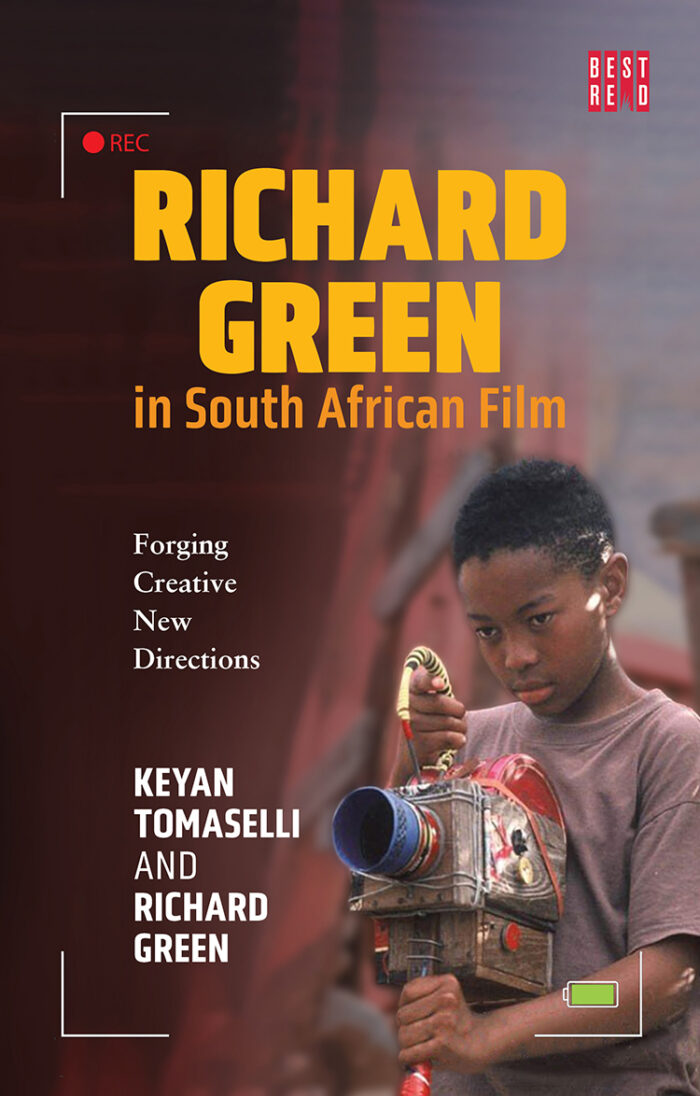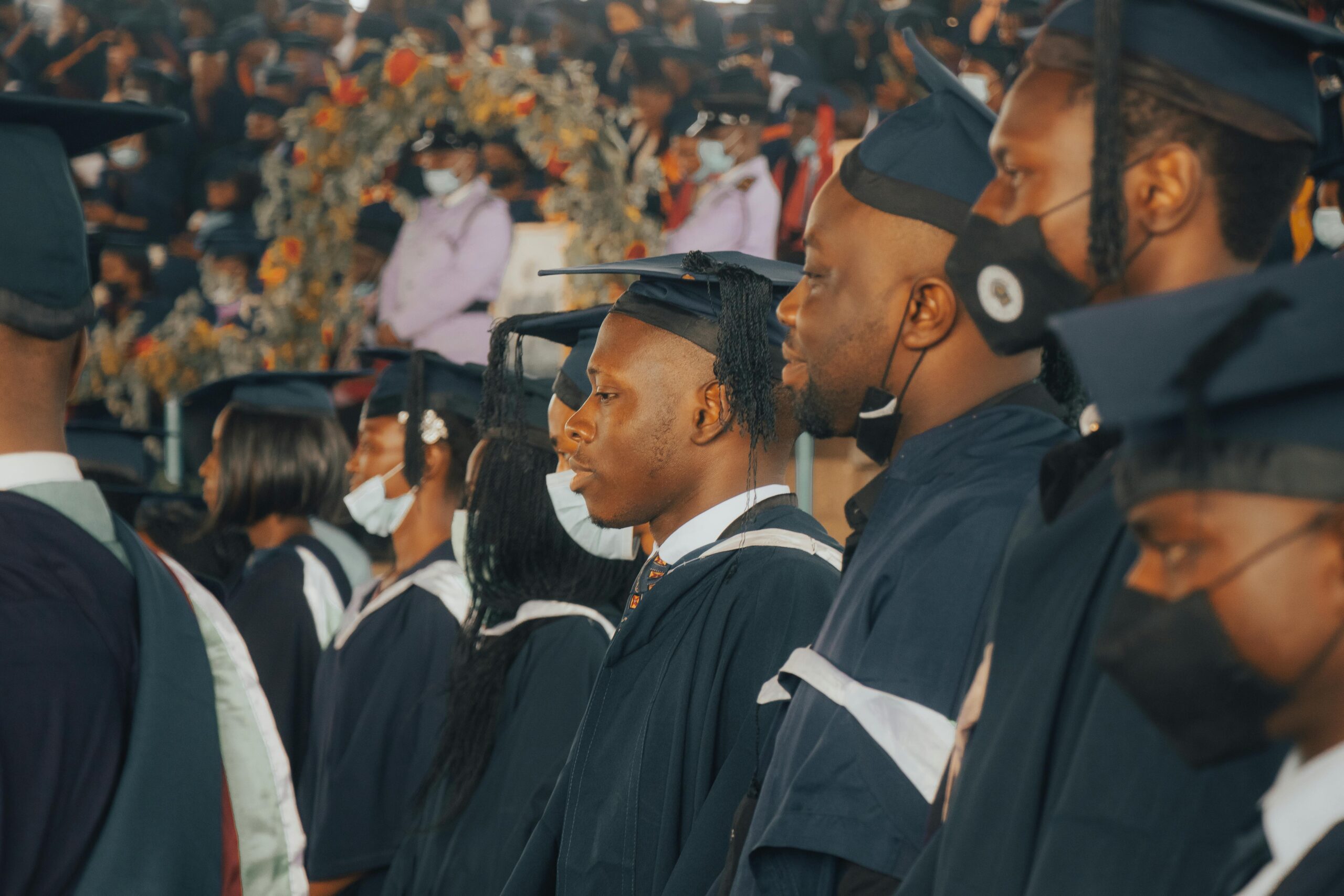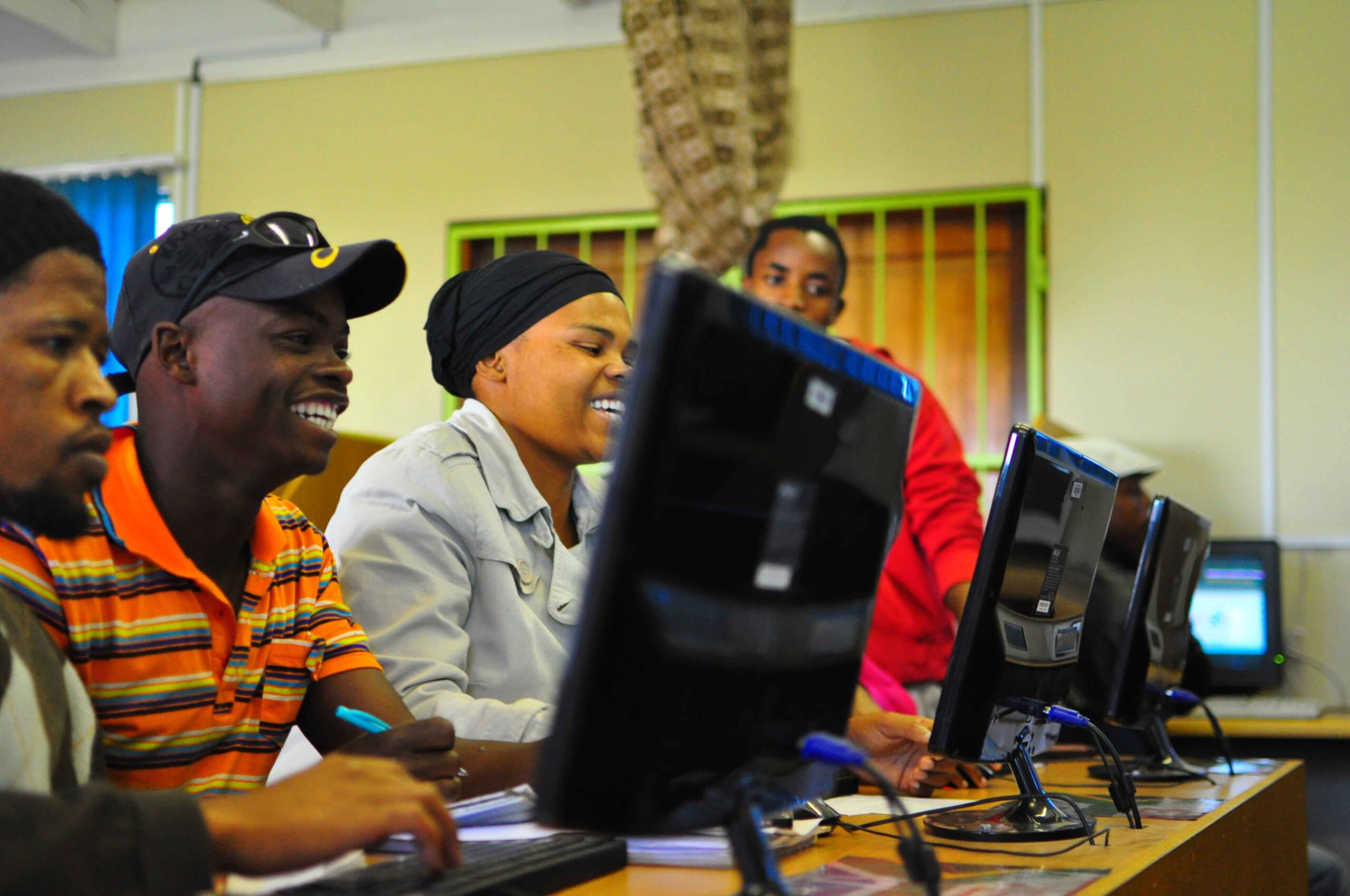National Book Week is an important initiative in encouraging the nation to value reading as a fun and pleasurable activity and to showcase how reading can easily be incorporated into one’s daily lifestyle. The commemoration coincides with International Literacy Day on 8 September 2023.
The HSRC Press has rounded some of their top titles:
The BRICS in Africa: Promoting development?
Brazil, Russia, India, China, South Africa (BRICS) nations have become a strong engine of South-South Cooperation. The most significant outcome of the emergence of BRICS is the shift they have brought to the balance of power in global affairs. The past decade has steadily accelerated commercial and strategic engagements between BRICS and Africa. The BRICS countries constitute Africa’s largest trading partners and new investors. BRICS has nourished Africa’s economic emergence and elevated the continent’s contemporary global positioning. This book seeks to determine the potential of BRICS-Africa cooperation in promoting African development.
Some of the critical issues in this book include the following: a) What will be the impact of intra-BRICS and BRICS–Africa cooperation and partnerships, mainly through the New Industrial Revolution, financial technologies, infrastructure, economic growth and development in health; b) Determine the relevance of the BRICS New Development Bank in the post-COVID era; c) Examine the governance and accountability mechanisms required to entrench BRICS governance cooperation with the continent, and e) Determine strategies that address gender developmental disparities and inequalities in BRICS and Africa.
This book consists of five sections, preceded by an introduction and later at the end of the chapters, a conclusion. The five mentioned sections respond to the 2020 12th BRICS Summit, ‘Global Stability, Shared Security, and Innovative Growth thematic thrusts.
Available here.
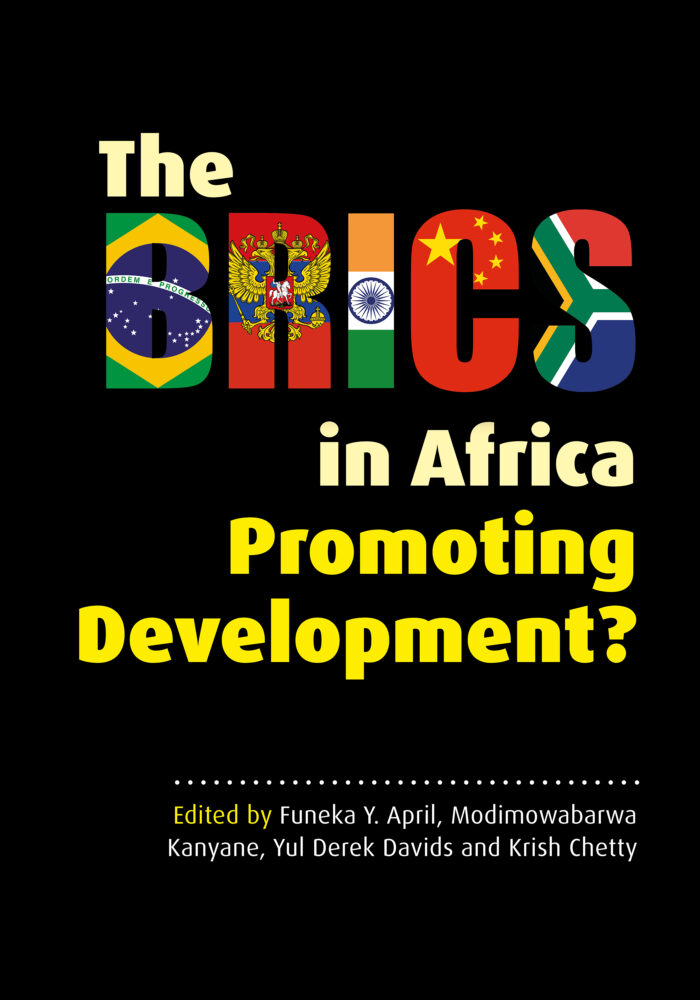
Zheng He’s Voyages to Africa in the 15th Century: The maritime silk and porcelain road
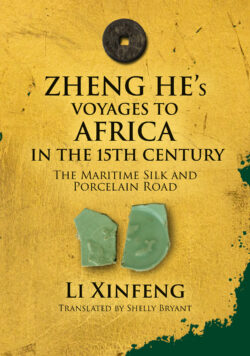
Zheng He, a great Chinese navigator and messenger of peace, expanded the Maritime Silk Road, which connected China with the rest of the world, more than 600 years ago. Zheng He’s fleet visited four countries and peoples along the Indian Ocean coast of East Africa during his seven voyages to the West Ocean. Zheng He and his epic fleet laid the groundwork for later friendship and cooperation between Africa and China. His journey of friendship to Africa was a manifestation of traditional Chinese philosophy, which values harmony.
This book provides readers with an in-depth, comprehensive, and multi-faceted account of Zheng He’s voyages to Africa, from the impact and significance of his arrival on the continent to the relationships he formed with African people.
Voices of Liberation: Ndabaningi Sithole. A forgotten Founding Father
Ndabaningi Sithole: A Forgotten Founding Father is a biographical mapping of the political and intellectual contributions of Rev Ndabaningi Sithole to the liberation of Zimbabwe.
As the founding president of ZANU, Sithole was at the vanguard of the nationalist movement in the 50s and 60s. He was also one of the first black writers in Rhodesia and made prolific contributions in various genres including fiction, poetry, polemics and autobiography. Despite all this, Sithole has receded from view, partly because of his own political misfortunes, and partly through the machinations of his erstwhile comrades and political opponents.
Since the seismic shifts in Zimbabwe’s politics in November 2017 after an unexpected military coup and the eventual demise of Robert Mugabe there is a new interest in marginalised historical and national figures such as Ndabaningi Sithole. This book will be an important contribution to a new and emerging discourse re-appraising the nationalist history of Zimbabwe. It is a misnomer that Sithole the founder of ZANU has not been given his due credit for the contributions and sacrifices he made to the independence of Zimbabwe, warts and all.
This is the first major book on Ndabaningi Sithole, so it is a very unique contribution to Zimbabwean historiography. As such there is no competition. There was a critical discourse around his writings in the 60s and 70s in various history journals, but since he was removed as leader of ZANU there has been very little critical discussion of Sithole.
Available here.
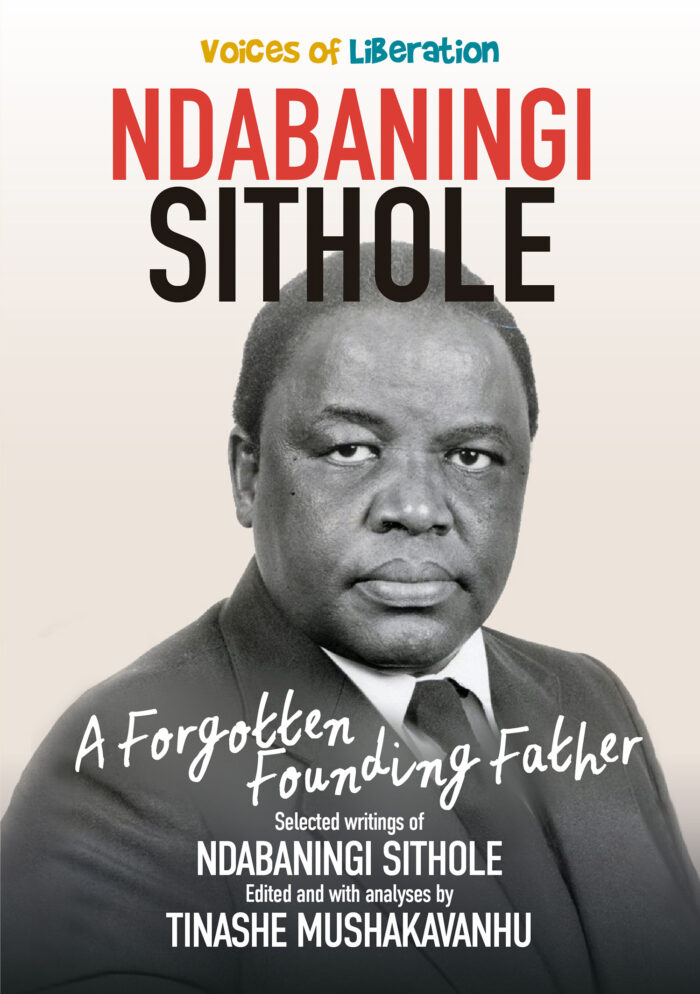
Pentecostal Charismatic Women: Constructions of Femininity in Alexandra Township
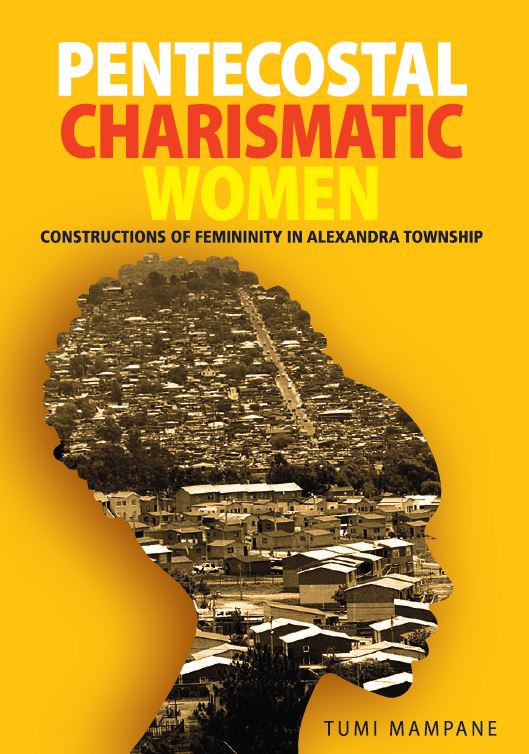
This is a Black feminist autoethnographic study, written from the perspective of an insider in both the Pentecostal community and Alexandra township. The book uncovers the daily lives of women in an African Pentecostal community while relating them to Black/African feminist and womanist theory. Thus, revealing the ways in which the Charismatic women of Alexandra build strong bonds with one another in spite of their differences and contest controlling images of femininity even as they sometimes traffic in problematic heteronormative constructions of social life.
This book examines Charismatic discourses that build the gender identities of women congregants. It also observes and records women churchgoers to give insights into their personal perceptions, embodiments and performances of power and agency within the church and the wider societal spaces that they occupy. It is an intervention into anthropological work as much as one on the internalised oppression of women. Rather than stay within the confines of “agency versus oppression” discourses, this book offers feminist imaginaries that expose the complexities and contestations that exist in both sermons and the intimate relations that women have with each other.
Available here.
Richard Green in South African Film: Forging Creative New Directions
This book largely recounts the lifetime experience of Richard Green, a veteran film and TV producer. Green’s personal narrative is emblematic of the struggles, the negotiations, and the prevailing ideologies competing for position and dominance as the new South Africa began to emerge from the ravages of apartheid (1948-1990). This is a story of how big media capital in the then nascent form of the M-Net pay-tv channel opened a door in 1986 to the television and cinematic future that has since unfolded.
Available here.
